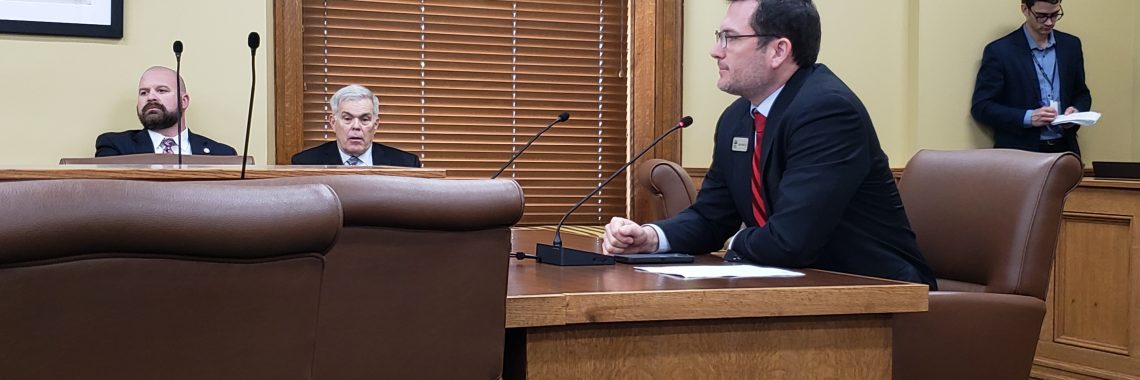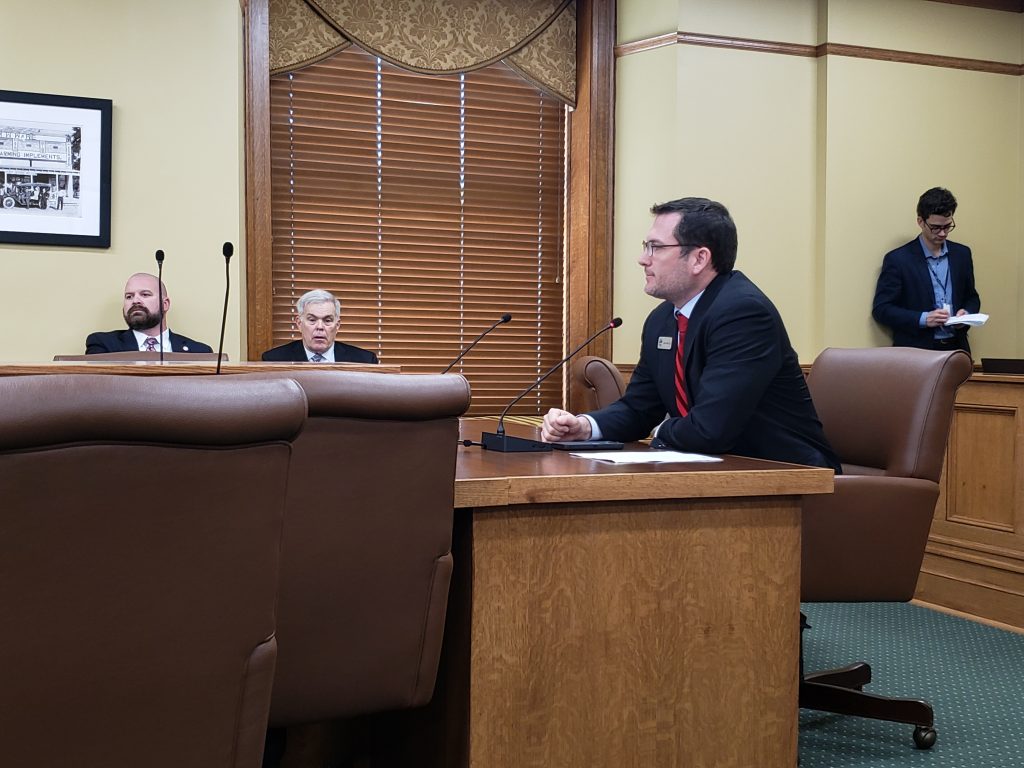Guest Column: The Great Book Ban Panic of 2023

Three months ago, an 11-year-old sixth grader from Maine read a passage from a book to his local school board. It described a sexual encounter between two teenage boys. When he found the book in the library of his public school, the librarian asked if he’d like to see other books that were like it, or if he’d like to check out the book’s graphic novel edition. The boy’s father, who also spoke at the school board meeting, was not nearly as calm as his son. Like many parents around the country, he demanded that school officials remove all books with explicit content from his son’s public school library.
This story is, according to many loud voices right now, part of a “dangerous trend.” Recently, the American Library Association announced an “emergency,” that a record-breaking 1,269 requests had been made in 2022 to remove books from libraries. “Each attempt to ban a book …,” said the Director of the ALA’s Office for Intellectual Freedom, “represents a direct attack on every person’s constitutionally protected right to freely choose what books to read.”
Others share this sense of panic. A few days ago, lawmakers in Illinois voted to revoke public funding from libraries that agree to remove books from their shelves due to the author’s “background or views.”
A closer look at the statistics, however, tells a very different story. As columnist and editor Micah Mattix recently pointed out, 1,269 book removal requests among some 117,000 public libraries are not that many. If only about 1% of American libraries received some kind of removal request last year, not all of which were granted, the real headline is not so much a crisis of book banning, but how little people are reading these days.
Moreover, about 60% of the requests to remove books were made to libraries at public schools. Asking a public school to make pornography unavailable to fourth graders is not exactly “a direct attack” on every American’s constitutional right to read. A better illustration of that kind of censorship would be what transgender activists have done to the Harry Potter series, calling for bans and public burnings, not because of anything in the books, but because of J.K. Rowling’s views about the existence of women.
Viewpoint discrimination is not what is behind the removal requests that are worrying the American Library Association. Each of the ALA’s top 10 “most-challenged books of 2022” was challenged for containing sexually explicit material. Their outrage is quite selective.
No public school library across America is scrambling to include published manifestos of serial killers or rantings of a white supremacy cult leader on their shelves. Nor should they. The right to free expression must always be tempered by a concern for the innocence, health, and well-being of children. That meant, until yesterday at least, that their access to graphic sexual content should be limited by the grownups in the room.
A better question, if the number of book ban requests has skyrocketed, is why so many sexually explicit books are being published right now, and why so many are aimed at children. Why, for every toddler book published about dinosaurs, dragons, or pajamas, are there five more about alternative families and “the hips on the drag queen” going “swish, swish, swish” (and yes, that is a real title)?
Parents, don’t be intimidated by these breathless headlines warning of impending doom. Stay vigilant and vocal about protecting the hearts and minds of your children.
Pastors, please support parents in their efforts to fulfill their God-given calling to their children. They will need it.
Any long-term solution will involve more than ridding school libraries of bad books. What C.S. Lewis said, that “good philosophy must exist, if for no other reason, because bad philosophy must be answered,” applies to children’s books, too. He did, after all, produce one of the best children’s series of all time.
Bad children’s books lie to them, rob them of their innocence, and exploit them into becoming spokespeople for adult causes. Good books tell children the truth about the world and who they are, respecting their age, imagination, and innocence. The difference makes all the difference.
This Breakpoint was co-authored by Maria Baer. For more resources to live like a Christian in this cultural moment, go to breakpoint.org.
Copyright 2023 by the Colson Center for Christian Worldview. Reprinted from BreakPoint.org with permission.





